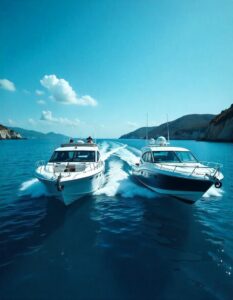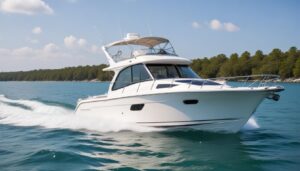When it comes to fishing in Florida, there are a few important factors to keep in mind to ensure you are following the necessary regulations. As a state known for its stunning coastlines and abundant marine life, it is essential to have regulations in place to protect and maintain the health of these waters. In this article, we will discuss the fishing regulations in Florida, including licensing, size and bag limits, and restricted areas.
Fishing Licenses:
One of the most crucial regulations to be aware of is the requirement for a fishing license. Whether you are a resident or a non-resident, you are required to have a valid Florida fishing license before casting your line. The Florida Fish and Wildlife Conservation Commission (FWC) offers various types of licenses, including saltwater and freshwater options, as well as different durations, such as one day, seven days, or one year. It is essential to know the type of license you need based on the fishing method and duration of your trip. For example, if you plan to fish in saltwater for more than three days, you will need a seven-day or annual license.
Size and Bag Limits:
Another crucial aspect of fishing regulations in Florida is the size and bag limits set in place by the FWC. These regulations specify the minimum size limits and maximum bag limits for different fish species. The purpose of these limits is to promote conservation and ensure sustainable fishing practices. It is essential to note that these limits can vary by species and season, so it is crucial for anglers to stay informed about current regulations. The FWC provides an updated list of these limits on their website, and it is the responsibility of the angler to follow them.
Restricted Areas:
In addition to licensing and size and bag limits, it is also important to be aware of restricted areas while fishing in Florida. These areas may be designated as no-fishing zones or have seasonal restrictions to protect spawning fish or sensitive habitats. It is crucial for boaters to familiarize themselves with local regulations and signs indicating these areas. Ignoring these restrictions can have serious consequences, not only for the environment but also for the safety of the boater and other anglers in the area.
In conclusion, Florida has strict fishing regulations in place to ensure the protection and sustainability of its marine life. It is the responsibility of every angler to be aware of and follow these regulations to maintain the health and beauty of the state’s waterways. The FWC provides a comprehensive guide to Florida’s boating regulations, and it is highly recommended to review this information before embarking on any fishing trip. By being informed and responsible, we can all enjoy the beauty of Florida’s waters for years to come.







